
The denim jeans market is worth over 70 million euro a year. It has grown yearly for decades and is forecast to continue for the foreseeable future. However, denim’s economic success comes at a high environmental cost.
Indigo is a difficult dye for fabric to absorb. For every pair of jeans made, between 50 and 100 litres of water are polluted with hazardous chemicals, such as sodium hydrosulphite, which damage water courses and ecosystems, leaving large volumes of water toxic.
Javier Frances is a Spanish textile engineer and the founder of ONDyTEC. He brings a lifetime of knowledge and experience to the leadership of a Spanish company specialising in the elimination of hazardous chemicals in fabric dyeing.
Posted 1 Jul 24
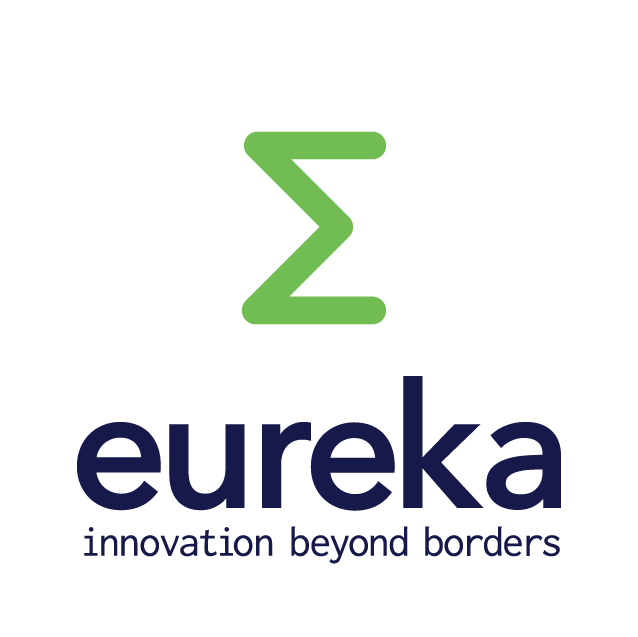
Addressed to Manuel Heitor, chair of the expert group on the interim evaluation of Horizon Europe, providing strategic advice and recommendations for its successor, FP10 – the 10th framework programme for research and innovation (2028 to 2034).
Posted 25 Jun 24
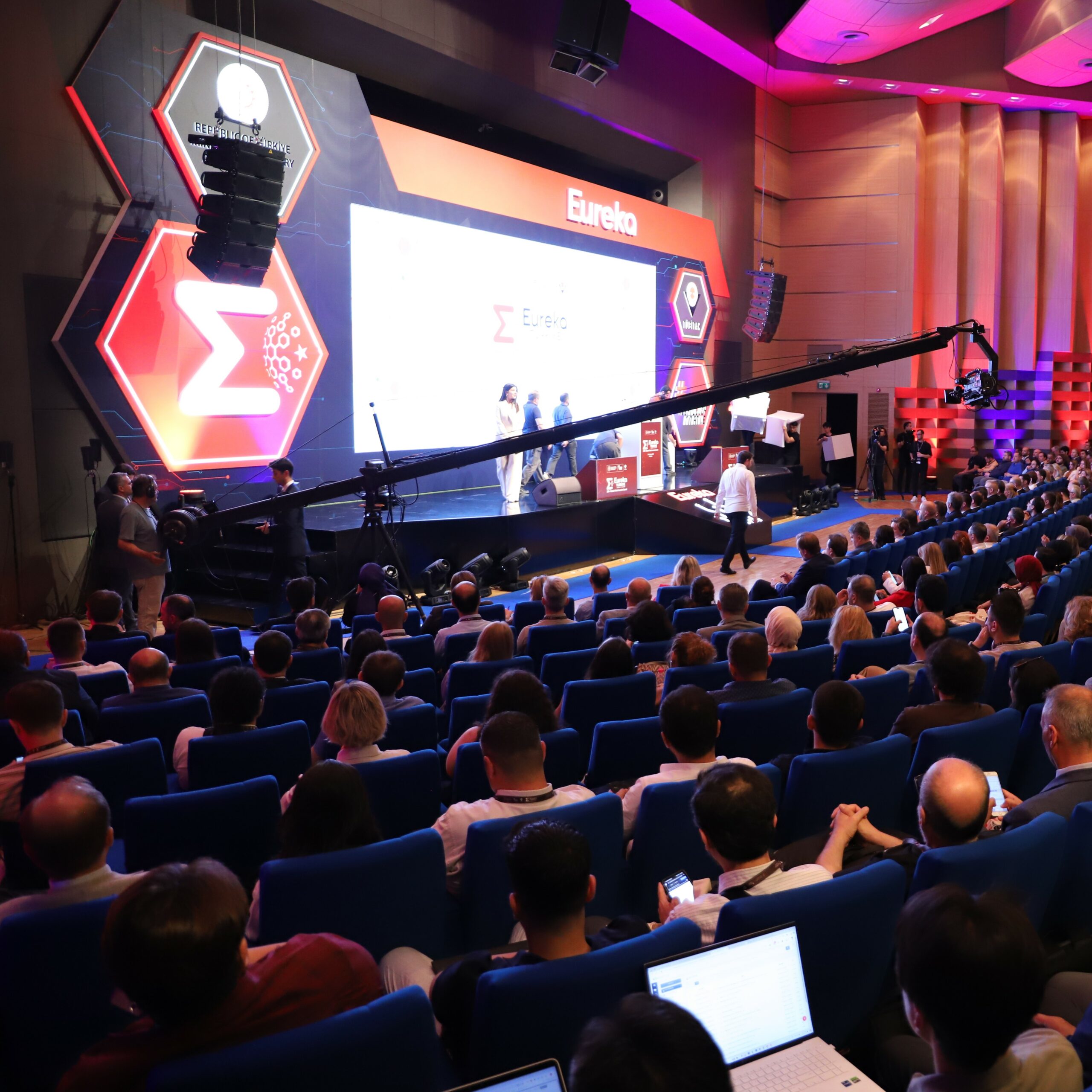
We recently held our 2024 edition of Eureka’s flagship event in Istanbul’s Haliç Congress Center on 13-14 June 2024: the Global Innovation Summit!
Posted 24 Jun 24

By strengthening and deepening a longstanding collaboration, Norwegian SME, NordicImaging Labs and Amsterdam University Medical Centre in the Netherlands are bringing faster and better diagnosis and treatment for depression.
Posted 3 Jun 24
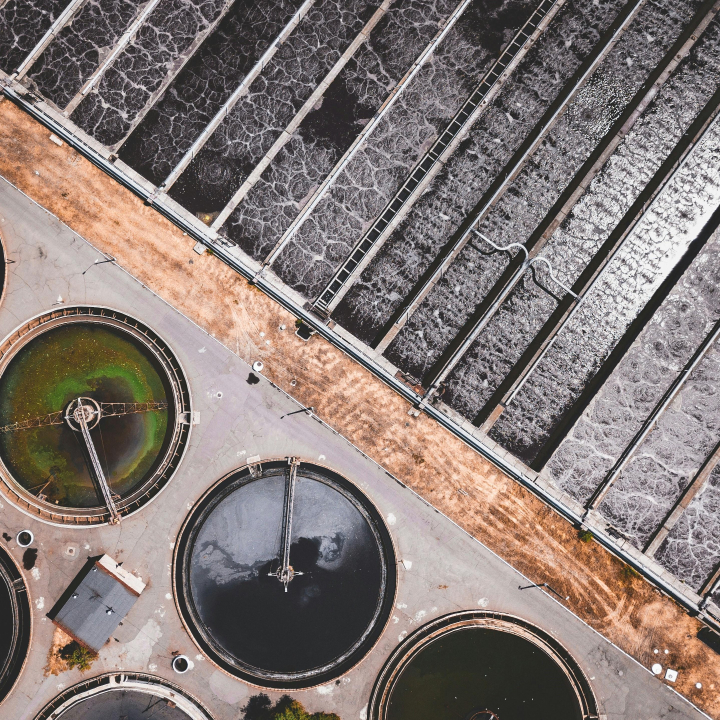
Waterlab in South Africa has developed a cost-effective and non-invasive method of tracking and predicting the spread of COVID-19, hepatitis E, norovirus and other infectious diseases through the microbiological analysis of wastewater.
By her own admission, Dr. Gina Pocock, Specialist Consultant at Waterlab, never had any great burning ambition to pioneer a potentially life-saving diagnostic methodology, but she possesses an obvious energy and optimism that drove the South African company’s success.
Posted 20 Feb 24
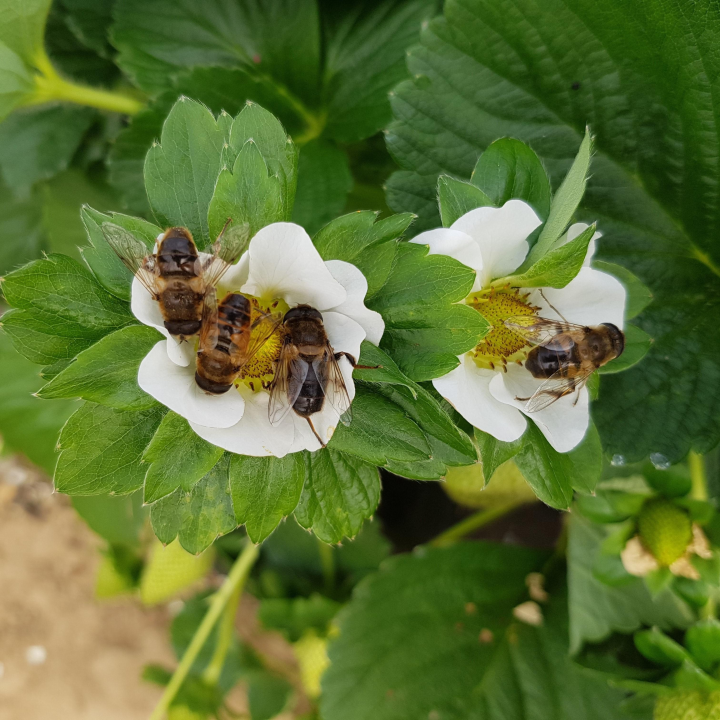
Honey bees and other pollinators are vital for the planet’s ecosystems and crops, but they are dying out at alarming rates due to climate change, intensive farming and pesticides. A startup in Andalusia, Spain, has a solution: producing hoverflies on an industrial scale. Following an R&D project with Dutch partners, Polyfly is breeding new ways to pollinate more fruit crops.
Posted 31 Jan 24
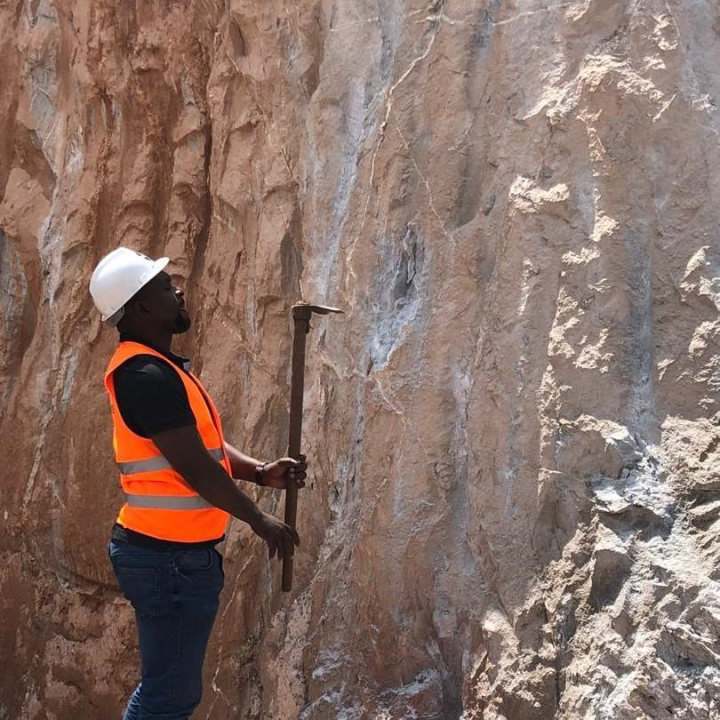
By Georgia Tindale
Dutch company, Concreet Projectmanagement B.V., joined forces with Ugandan company, Eco Concrete Ltd., to tackle the ever-growing issue of developing sustainable and affordable building infrastructure. Their solution? Creating new recipes for one of the world’s most common building materials: concrete. With the right backing, their geopolymer technology has the potential to go global
Posted 15 Jan 24

By Georgia Tindale
As we have seen in yet another summer of horrendous wildfires across the globe, which crept their way across North Africa, Greece, Tenerife and Canada, when a wildfire strikes, there is no time to waste.
Latvian company, Baltic Satellite Service, has teamed up with partners AD TELECOM (in Spain) and AXSYSNAV (in France), on an innovative early warning technology for wildfire detection: the first of its kind to track fires in real time and guide fire brigades to the incident.
Already attracting interest from clients in Europe and beyond, this early wildfire detection system looks set to become ever more necessary, due to the increase in extreme weather events prompted by climate change.
Posted 15 Dec 23

The determination of one entrepreneurial Danish research chemist and his team at Pentabase have developed a revolutionary new polymerase chain reaction (PCR) test that produces results in hours not days. Ulf Bech Christensen expanded his company tenfold overnight, reopened Frankfurt airport during the pandemic and improved the effectiveness of cancer screening, diagnostics and monitoring to deliver more personalised and more effective treatment and care.
Posted 12 Dec 23
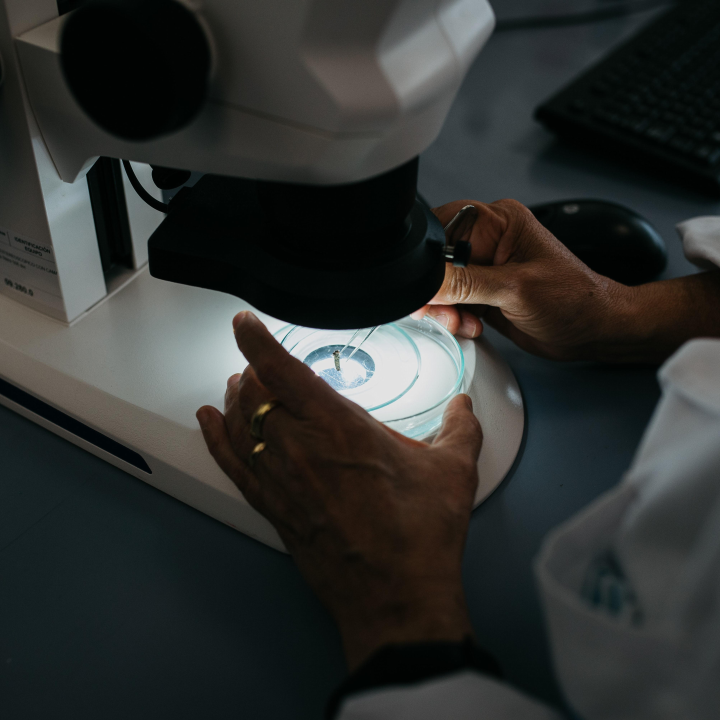
Freshwater ecosystems and their biodiversity face growing threats. But thanks to cutting-edge R&D, we are witnessing remarkable progress in how we can conserve the life in our lakes and rivers. Scientists at Laboratorios Tecnológicos de Levante in Spain are now cleverly using DNA analysis to assess the health and ecological state of fresh bodies of water.
Posted 26 Oct 23

By Georgia Tindale
Family-run French company, SOFRAPAR, has introduced new carbon uptake booster technology that is helping to combat desertification and deforestation. In Senegal, this is reinforcing a rapidly-declining natural forest area and helping local populations regain some food security.
Posted 11 Sep 23

The United Kingdom and European Commission reached political agreement on 7 September 2023 on the United Kingdom’s association to Horizon Europe. This means that all calls in Work Programme 2024 will be covered by association.
Posted 11 Sep 23

More efficient use of energy can save companies money and make an important contribution to reducing global warming. To achieve these savings, the ITEA Cluster project SPEAR involving 22 international partners and led by southwest German software developer, Let’s Dev, has created and tested an algorithm to assess the sum of a company’s energy usage by looking at all individual devices. It can also suggest sustainable energy savings and ways to use more renewable sources like solar and wind energy.
Posted 4 May 23

Vertical gardens on a mass scale could help bring temperatures down in cities and boost biodiversity. Until now, “living walls” were novelty features on landmark buildings, but an innovative Austro-German living wall could pave the way to delivering greener urbanisation worldwide.
Posted 15 Mar 23

Vertical gardens on a mass scale could help bring temperatures down in cities and boost biodiversity. Until now, “living walls” were novelty features on landmark buildings, but an innovative Austro-German living wall could pave the way to delivering greener urbanisation worldwide.
Posted 15 Mar 23

People disfigured in accidents, war or from cancer have to wait months for an artificial nose or ear. So, a team of robotics developers at Portuguese company, Roboptics, has stepped in to find a faster way to rebuild damaged faces with 3D printed prostheses.
Posted 7 Dec 22